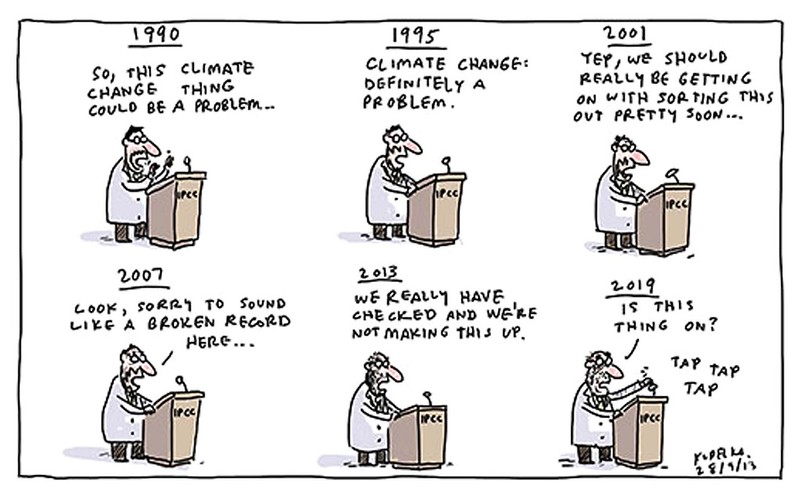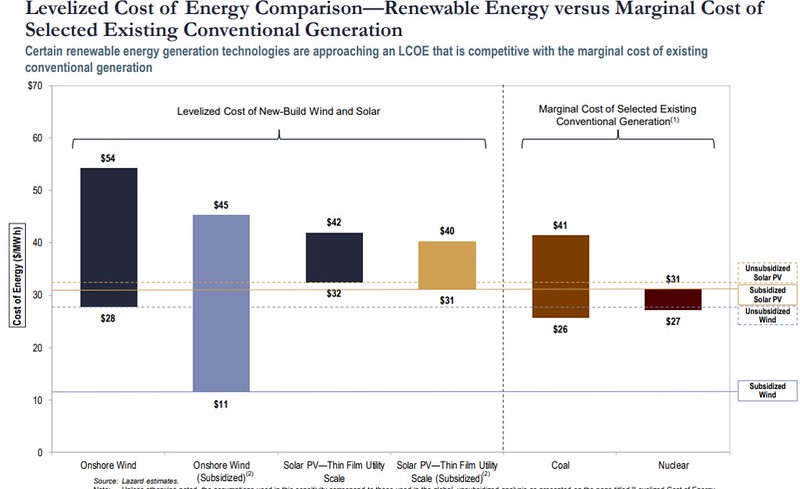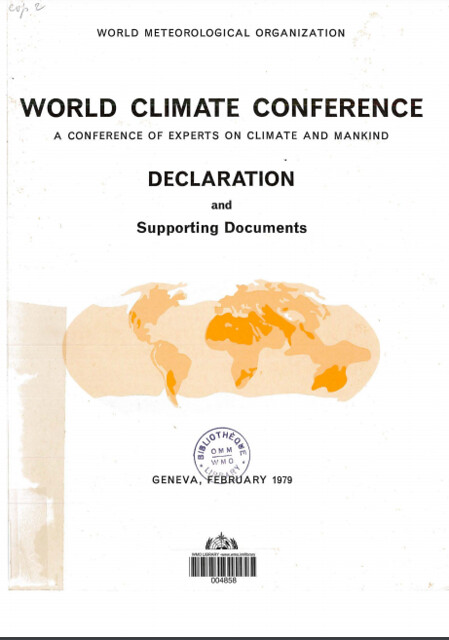
Oh noes,
not again. Still it's an entertaining distraction from the
faithful war reenactors. My headline is from Brideshead of course (I was of that vintage) but apparently
it has history. How appropriate.
This is all about RP Jr's
No, Hurricanes Are Not Bigger, Stronger and More Dangerous. A statement with which - to revel
5 my prejudices - I have a great deal of sympathy
6; perhaps also
Climate emergency? applies. That's in well-known academic journal
Forbes1, and is a response to
Normalized US hurricane damage estimates using area of total destruction, 1900−2018 by Aslak Grinsted, Peter Ditlevsen, and Jens Hesselbjerg Christensen in
PNAS November 11, 2019
3. The bastard paper (which I'll call G19 following RP) is paywalled alas, though happily that spares me the trouble of reading it, but I can show you the abstract:
Hurricanes are the most destructive natural disasters in the United States. The record of economic damage from hurricanes shows a steep positive trend dominated by increases in wealth. It is necessary to account for temporal changes in exposed wealth, in a process called normalization, before we can compare the destructiveness of recorded damaging storms from different areas and at different times. Atmospheric models predict major hurricanes to get more intense as Earth warms, and we expect this trend to eventually emerge above the natural variability in the record of normalized damage. However, the evidence for an increasing trend in normalized damage since 1900 has been controversial. In this study, we develop a record of normalized damage since 1900 based on an equivalent area of total destruction. Here, we show that this record has an improved signal-to-noise ratio over earlier normalization schemes based on calculations of present-day economic damage. Our data reveal an emergent positive trend in damage, which we attribute to a detectable change in extreme storms due to global warming. Moreover, we show that this increasing trend in damage can also be exposed in existing normalized damage records by looking at the frequency of the largest damage events. Our record of normalized damage, framed in terms of an equivalent area of total destruction, is a more reliable measure for climate-related changes in extreme weather, and can be used for better risk assessments on hurricane disasters.
So, the problem here is... actually, let's go back a step. The problem here is that people are desperate for something
sexy to be caused by CO2 increasing. The obvious one - that it's getting warmer, duh - just isn't sexy enough because it's too slow. But it's quite well observed and statistically tractable: you can clearly see the signal from the noise. It would be so much better if something deeply erotic like hurricanes could clearly be getting worse under GW. Unfortunately, the hurricane observation record isn't brilliant, and the record of economic damage is dominated by enormous increase in "exposed wealth" as more and more is built on shorelines; and as money shifts to Florida and so on. G19 acknowledge this problem and attempt to dance around it.
Notice that the abstract talks of the record of economic damage from hurricanes, but the sexed-up "significance" header says
The frequency of the very most damaging hurricanes has increased at a rate of 330% per century. This of course what made its way into every newspaper's headlines; and it is the first point to draw RP's ire:
it purports to say something about climatological trends in hurricanes, but it uses no actual climate data on hurricanes. That’s right, it instead uses data on economic losses from hurricanes to arrive at conclusions about climate trends. Since RP has done a lot of analysis on economic damage - indeed, G19 are using his dataset, or some version thereof - this sorta sounds like a quibble. But he continues
From 1900 to 1958, the first half of the period under study, NOAA reports that there were 117 total hurricanes that struck the mainland U.S.. But in contrast, G19 has only 92. They are missing 25 hurricanes. In the second half of the dataset, from 1959 to 2017, NOAA has 91 hurricanes that struck the U.S., and G19 has 155, that is 64 extra hurricanes4. And that sounds like it might matter. So I think G19 owe him a reasoned reply on that.
His second and larger point is that G19's dataset isn't homogeneous:
The dataset on losses from hurricanes used by G19... was initially created about a decade ago by a former student and collaborator of mine, Joel Gratz, based entirely on our 2008 hurricane loss dataset (which I’ll call P08)... created a new hybrid dataset, from 1900 to 1980 the ICAT dataset is based on P08 and for 1980 to 2018 it is based on NCEI. This is hugely problematic for G19... the result is a data incontinuity that introduces spurious trends to the dataset. This also sounds like a problem that needs to be addressed.
AG responds, but alas he does so on Twatter which is a totally shit venue for writing coherent thoughts in. He does have
his own website but it's badly out of date; hopefully he'll write something clearer and at length soon.
RP asserts that the IPCC backs up his position, which from memory I think is correct. Browsing, the IPCC AR5
SPM says nowt about hurricanes; in particular the
Detection and Attribution of Climate Change section very sensibly concentrates on the unsexy but observable stuff.
Chapter 2 says that
AR4 concluded that it was likely that an increasing trend had occurred in intense tropical cyclone activity since 1970 in some regions but that there was no clear trend in the annual numbers of tropical cyclones.
Subsequent assessments, including SREX and more recent literature indicate that it is difficult to draw firm conclusions with respect to the confidence levels associated with observed trends prior to the satellite era and in ocean basins outside of the North Atlantic..
. In summary, this assessment does not revise the SREX conclusion of low confidence that any reported long-term (centennial) increases in tropical cyclone activity are robust, after accounting for past changes in observing capabilities. More recent assessments indicate that it is unlikely that annual numbers of tropical storms, hurricanes and major hurricanes counts have increased over the past 100 years in the North Atlantic basin. Evidence, however, is for a virtually certain increase in the frequency and intensity of the strongest tropical cyclones since the 1970s in that region. And so on. I got bored. If you can find the IPCC saying something dead exciting on the subject do let me know.
I have a feeling that some of the sound and fury of the argument comes from not clearly distinguishing between all hurricanes and the most powerful ones. Implicitly, G19 only finds trends in the most destructive? That sounds like a familiar theory. But of course, they are rarer, and so your stats become even noisier.
Notes
1. I snark by sheer reflex; of course, a rapid-response is entirely reasonable; this is this week's news; asking for RP to wait until next week, let alone for the sluggish and uncertain journal response times
2, would be unreasonable.
2. There's a fun anecdote in the
bio of Schroedinger I'm currently reading: the Prussian academy was noted for the speed of publication of its
Sitzungberichte: two days after a manuscript was received, the proofs were brought to the author by a messenger boy who would wait while the author corrected them.
3. Notice how carefully I link this all up. I do it at work too. So many people don't, and you'd be amazed at how hard it is to get from
a to
b if you haven't left breadcrumbs.
4. Why the miscounts? According to RP
Part of this difference can be explained by the fact that G19 focus on economic damage, not hurricanes. If a hurricane from early in the 20th century resulted in no reported damage, then according to G19 it did not exist. That’s one reason why we don’t use economic data to make conclusions about climate. A second reason for the mismatched counts is that G19 counts many non-hurricanes as hurricanes, and disproportionately so in the second half of the dataset.
5. I meant
reveal of course, but now I notice the typo it's also rather appropriate, I do revel in this stuff and my prejudices in particular.
6. Pointing out that everything is so statistically woolly that what RP really means is not that we have strong evidence for no trend, but that we have no strong evidence for a trend, would be tedious.
Refs
*
Here's Pielke Jr in 2014 feeling good about ICAT data - AG still dumping stuff on Twatter instead of writing a coherent response.
*
Gavin mentions the war, at RC; and at
Gizmodo
 Aka the year in Stoats, 2019. Following last year's acclaimed tradition, I present posts by month selected by most comments; after all, it's the only objective measure.
Aka the year in Stoats, 2019. Following last year's acclaimed tradition, I present posts by month selected by most comments; after all, it's the only objective measure.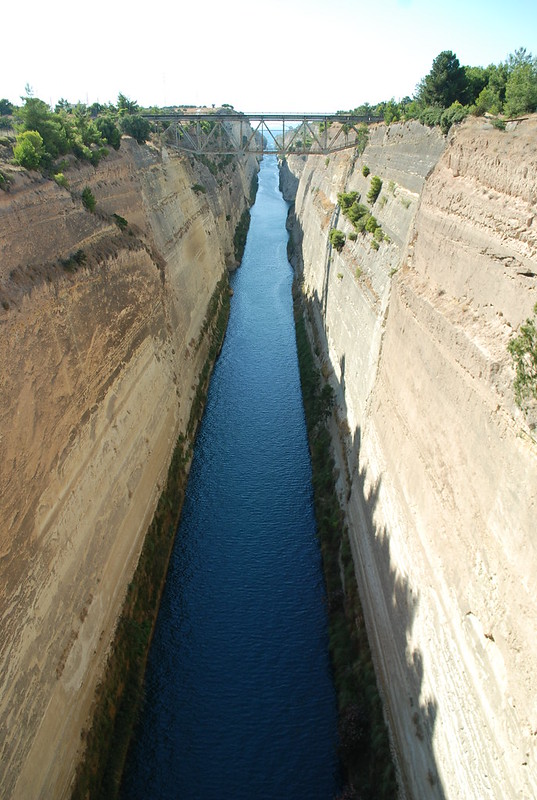

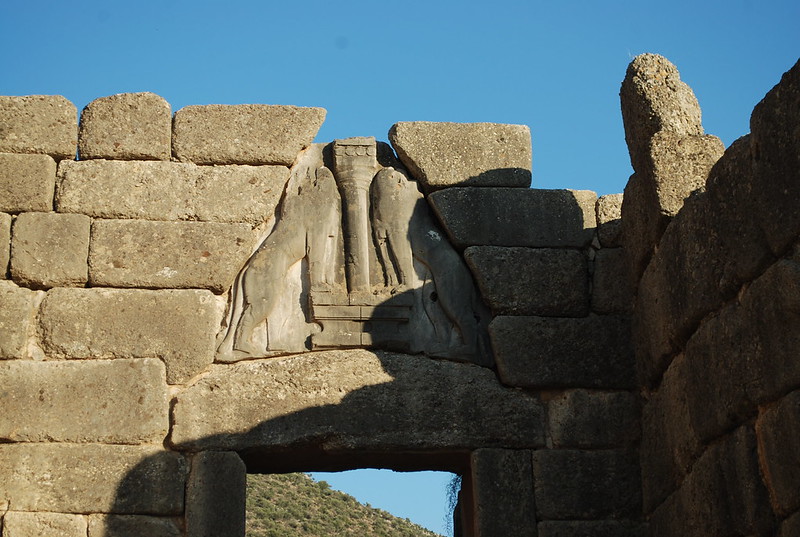



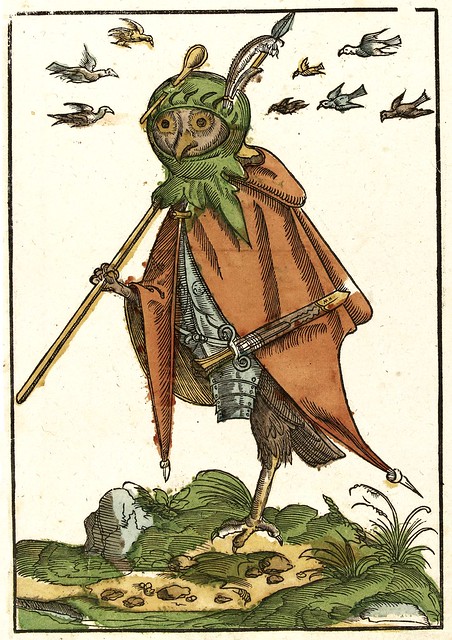
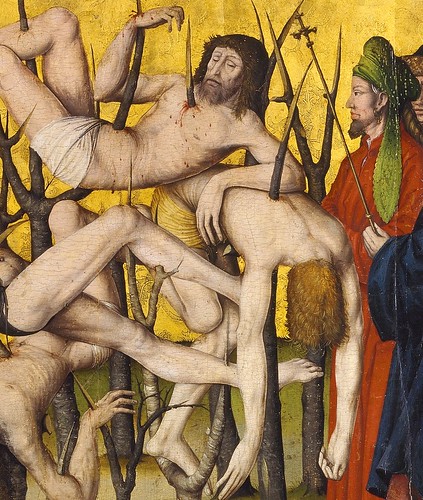
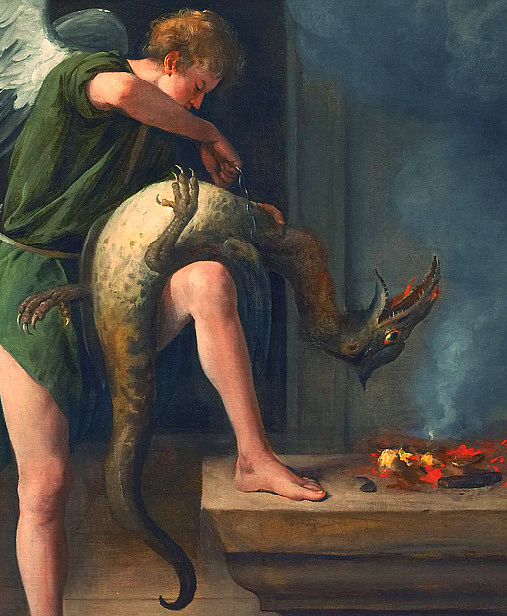

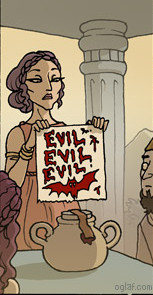
.png)





